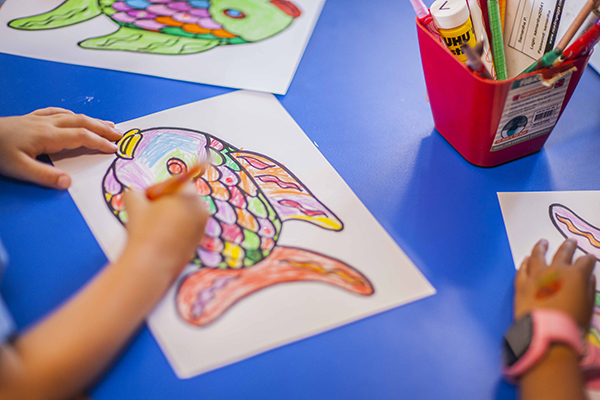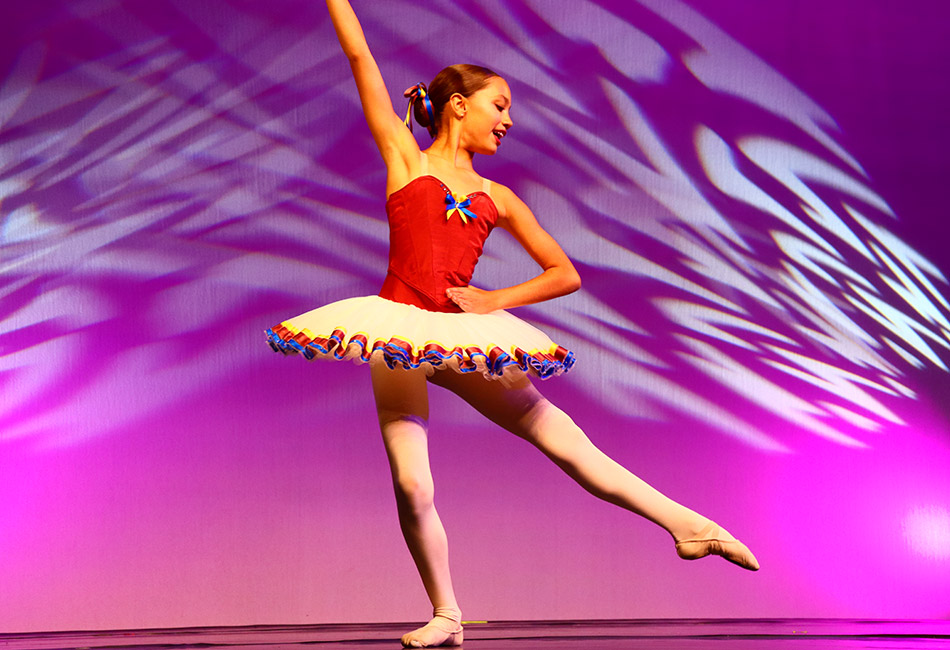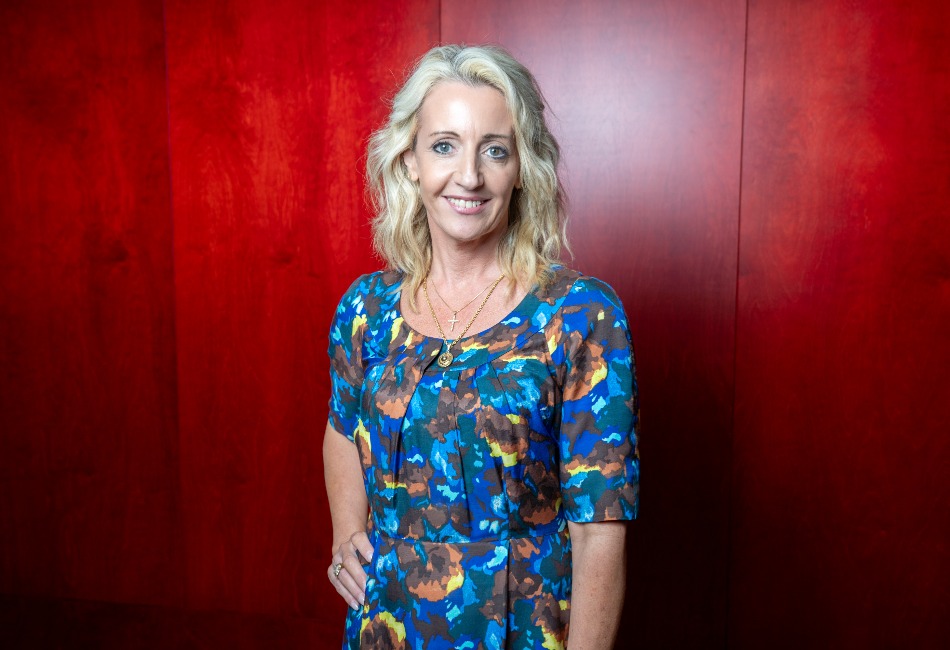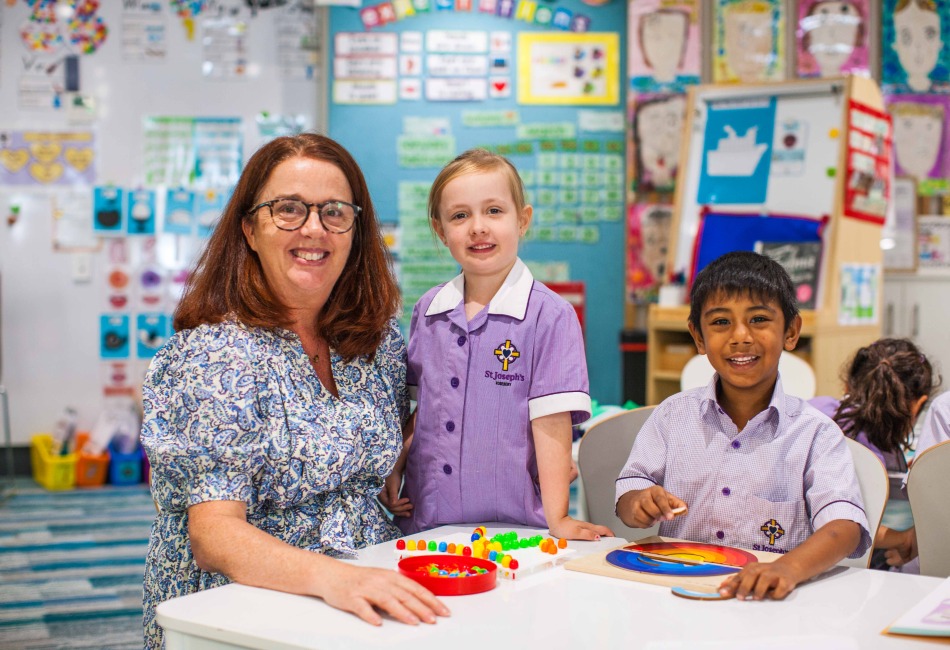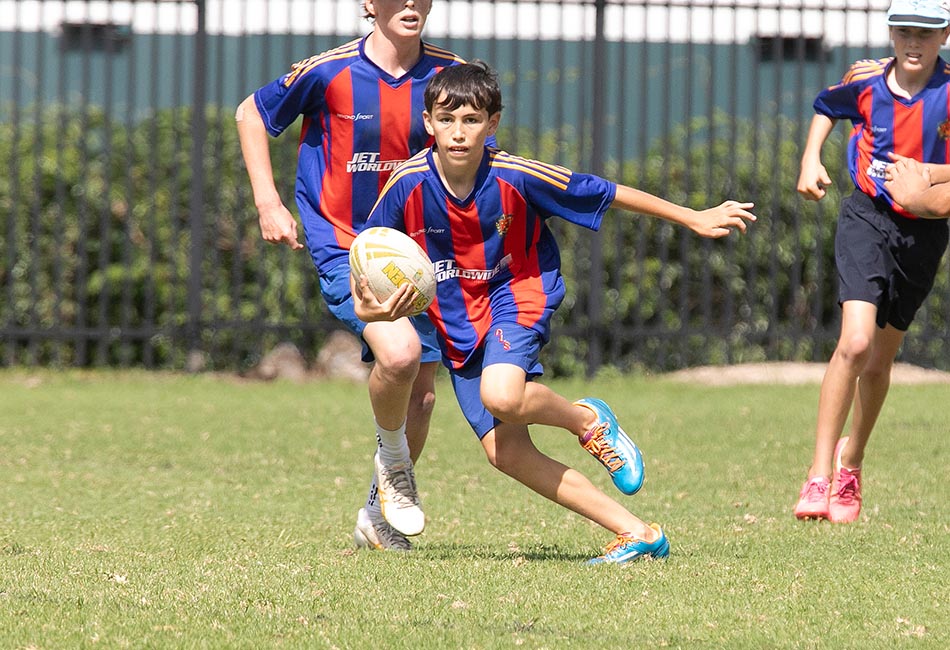Sending your child to “big school” can be nerve-wracking, especially when it’s your first child taking that exciting step. But our experts say it doesn’t have to be.
Choosing the right start date for your child, ensuring they’re socially ready, preparing them to learn well and setting up the best possible routine for them from the very beginning, are all simple ways to make sure they shine in Kindergarten and beyond.
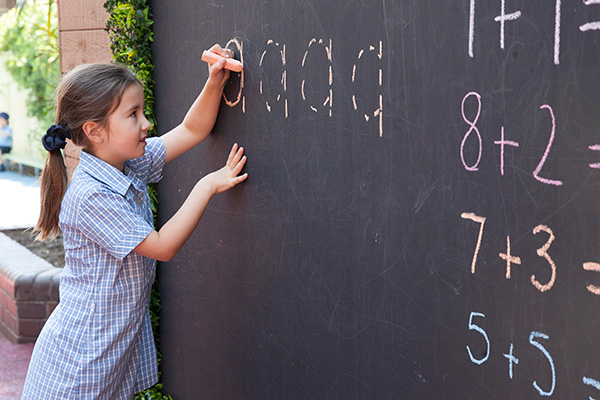
In NSW, kids can start Kindy at the start of the school year if they turn 5 on/before 31 July.
The right time to start
“Deciding the best age to send your child to school can be tricky,” said Sue Sinko, Sydney Catholic Schools’ early education expert and a former principal.
In NSW, kids can start Kindy at the beginning of the school year if they turn five on or before 31 July that year. By law, they must be in compulsory schooling by their 6th birthday.
“The decision about when is the best time for your child to start school is an individual one,” Ms Sinko said.
“Starting school at six, instead of five, can give some children an extra year to mature and become more independent. For other children, it won’t be of great benefit.”
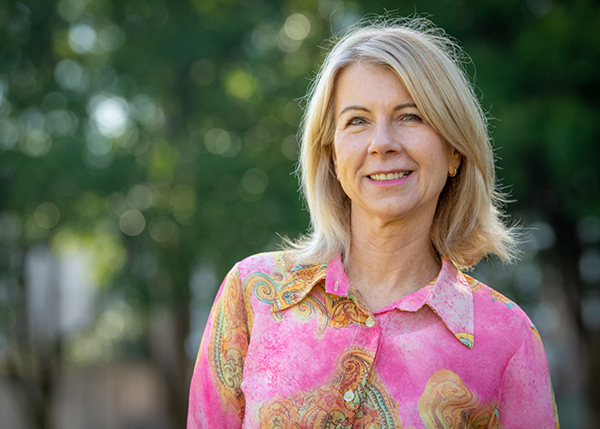
Sydney Catholic Schools’ early education expert, Sue Sinko. Photo: Kitty Beale
Ms Sinko recommends discussing the right time to start with people who know your child well and who understand the school system. This can include your child’s preschool educators.
“Deciding when your child should start school should not rest entirely on your child’s academic skills,” she said.
“Teachers say that academic skills are one of the least important areas in terms of children adjusting and adapting to school.”
Some of the skills that are helpful for children starting school are:
- Remembering and following simple instructions;
- Staying on task;
- Calming themselves down if they become upset;
- Interacting well with others; and
- Caring for themselves and their possessions appropriately.
Tackle the basics
“We don’t expect you to have taught your child to read by the time they reach Kindergarten – our wonderful teachers can teach them that – but we do encourage parents to play and read and count with them,” Ms Sinko said.
“As parents, you can make a big difference in helping to prepare your child for school.
“Encourage positive or appropriate behaviour with specific praise, e.g. ‘great taking turns.’ Give tangible rewards; stickers, stars on a chart, a special game with Mum or Dad.”
Help your child to practise:
- Using public toilets and explain that at school there are separate toilets for girls and boys;
- Skills such as opening and shutting toilet doors/locks, pulling up pants before leaving the toilet cubicle and, for boys, using a urinal;
- Going to sleep at a specific time – explain to them what time they will need to wake up to get ready for school every day;
- COVID-19 safe practices, such as washing their hands often with soap and water and coughing into their arm or a tissue;
- Packing and unpacking their school bag;
- Wearing their school uniform;
- Games where people have to raise their hand to say something and wait for their turn to participate – help them to understand not everyone gets a chance to talk every time in a classroom, even though they may put up their hand;
- If you live close to school, go for a walk together and practise crossing roads safely.
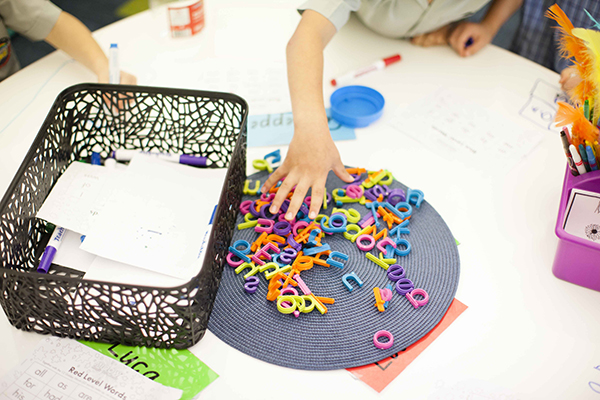
Kids play games with letters of the alphabet.
Play and learn together
“Help your child prepare for school by speaking to them regularly about the exciting things they will learn and the new friends they will meet,” Ms Sinko said.
“Also, find time to play and sing songs and nursery rhymes with your child.
“Play allows children to use their creativity while developing their imagination, dexterity, and physical, cognitive and emotional strength. Play is learning and lays the foundation for literacy and numeracy skills.”
Activities can include:
- Counting down the days until school starts on a calendar
- Reading picture books together about starting school and discussing the school routines and experiences depicted in them
- Playing indoors and outdoors
- Singing songs and nursery rhymes – hand washing songs are especially a good idea at this time.
“Let your child choose activities for you to do together whenever you can, inside or outside of the house,” Ms Sinko said. “Crafts, sports, imagined games and even singing songs are all priming your child’s mind to create, remember and try new things!”
When the big day arrives
“Make the morning your child starts school as stress-free as possible by getting everything ready the night before – ensure uniforms are clean, lunches are packed and everyone knows what they need to do and when,” Ms Sinko said.
“Remain as calm as possible in your interactions with your child, and let them dress themselves as much as possible. Most importantly, make sure you get to school on time.”
She reminds, “This is their life and their learning journey has already started with you. Our warm, expert staff are here to work with you as a team to ensure your child is given the absolute best start possible, offering exemplary care that sets students on a path to success in their learning, schooling and life.”
—
Sydney Catholic Schools is enrolling now. Click here to find your closest Sydney Catholic Kindergarten and to start your child’s learning journey.

